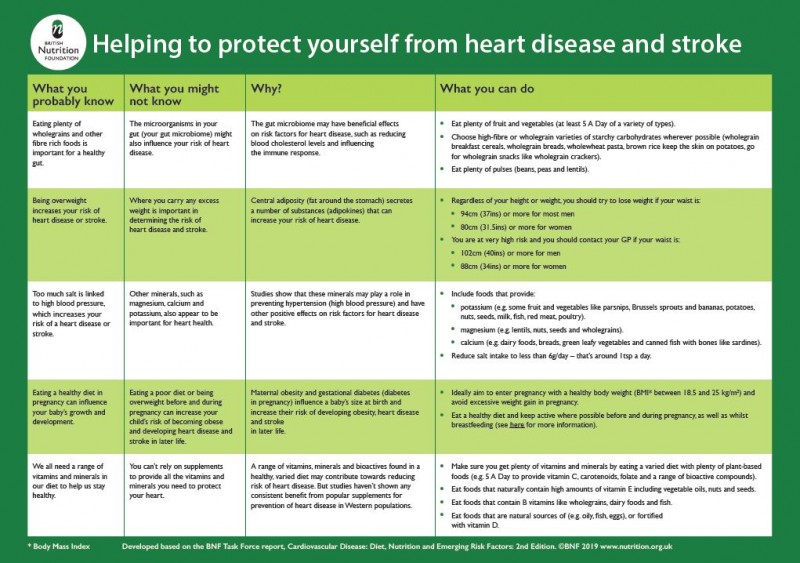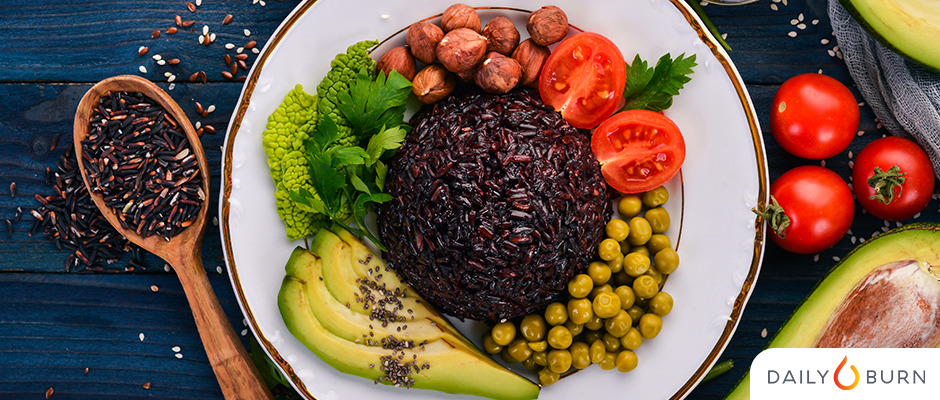
When you consume food, there are many different kinds of dietary fats. While most are harmless, some may not be. They can also contribute to weight gain. If you eat too often, it can make it difficult to lose weight. Limiting your intake fat is the best way to avoid this. How do you do this? First, identify the types and amounts of fat in your diet. They can be classified as monounsaturated, trans and saturated.
To understand how to eat healthy fats, you need to know the difference between saturated and unsaturated fats. Saturated fats, which are solid at room temperatures, are found in animal products like red meat, full-fat milk products, and eggs. Other sources of saturated fats include coconut oil and palm oil. Monounsaturated, polyunsaturated fats and vegetable oils are both good for your body.

Different types of dietary fats exist. Monounsaturated oils are good for you and unhealthy for you. Saturated fats are the worst kind of fat, so you should limit them if you're looking to lose weight. Saturated and trans fats can have a negative effect on your health. You should aim to keep your dietary fat intake between five and ten grams per day.
Although moderate amounts of saturated fat are healthy for your body it's best that you stick to a lower than ideal level. Saturated oils can lead to weight gain, as well as increasing your chances of developing cancer or diabetes. It is important to reduce the amount of saturated fats you consume. These tips will help you make your diet healthier and reduce your calorie intake. These foods are good for your health.
Saturated fats have the highest health risks. While saturated fats can cause heart disease, they should account for about five to six percent of your daily calories. However, saturated fats should be considered a part your diet. Many fatty foods are made up of several fatty acids. Therefore, it is a good idea to include them in the diet. If you only eat one type, you can substitute it with unsaturated.

Saturated fats can be the most dangerous. These fats can be very harmful for your health. You should reduce your intake of saturated fats. Saturated fats may cause you to gain weight. Also, it is important to limit your sodium intake. The American Heart Association suggests that saturated fats be limited. If you're looking for the best options for your diet, you should try to eat more vegetables, fruits, and whole-grain foods.
There are two types. You can either get them from animal products or plant-based foods. Omega-3 fats, which are healthy for the heart, are better than saturated fats. They have a variety of other benefits to your health. Your heart is especially grateful for the omega-3 fats found in poultry and fish. They are vital for the health and well-being of your heart. Your heart will thank it if you eat foods high in omega-3 oils.
FAQ
How can you live a healthy life?
Healthy lifestyles include eating right, exercise regularly, getting enough rest, managing stress, having fun, and eating healthy. Eating well means avoiding processed foods, sugar, and unhealthy fats. Exercise is good for your body and muscles. Getting enough sleep improves memory and concentration. Managing stress reduces anxiety and depression. Fun is the key to keeping us healthy and happy.
What is the healthiest lifestyle to life?
Healthy lifestyles include eating healthy food, regular exercise, good sleep, and avoiding stress. You will live a long and happy life if you adhere to these guidelines.
Small changes to your diet or exercise routine can help you start losing weight. To lose weight, you can start walking for 30 mins each day. Or, if you want to get more active, take up swimming or dancing. You can also sign up for an online fitness program, such as Strava and Fitbit. This will track your activity.
Improve immunity with herbs and supplements?
It is possible to boost immune function by using herbs and natural remedies. Some common examples include garlic, ginger, oregano oil, echinacea, ginkgo biloba, and vitamin C.
These herbal remedies should not be used in place of conventional medical treatment. Side effects may include nausea, diarrhea, stomach cramps (dizziness), headaches, dizziness and stomach cramps.
How can I determine what is best for my health?
You need to listen to your body. Your body knows best when it comes to how much exercise, food, and rest you need. It's important to pay attention to your body so you don't overdo things. You must listen to your body to ensure you are healthy.
Statistics
- nutrients.[17]X Research sourceWhole grains to try include: 100% whole wheat pasta and bread, brown rice, whole grain oats, farro, millet, quinoa, and barley. (wikihow.com)
- According to the Physical Activity Guidelines for Americans, we should strive for at least 150 minutes of moderate intensity activity each week (54Trusted Source Smoking, harmful use of drugs, and alcohol abuse can all seriously negatively affect your health. (healthline.com)
- This article received 11 testimonials and 86% of readers who voted found it helpful, earning it our reader-approved status. (wikihow.com)
- According to the 2020 Dietary Guidelines for Americans, a balanced diet high in fruits and vegetables, lean protein, low-fat dairy and whole grains is needed for optimal energy. (mayoclinichealthsystem.org)
External Links
How To
What does the term "vitamins" mean?
Vitamins are organic compounds naturally found in food. Vitamins are necessary for us to absorb nutrients in the foods we consume. Vitamins cannot be made by the body; they must be taken from food.
There are two types if vitamins: water soluble, and fat soluble. Water-soluble vitamins dissolve in water easily. These include vitamin C (thiamine), Vitamin B1 (riboflavin), Vitamin B2 (riboflavin), Vitamin B3 (niacin), Vitamin B6 (pyridoxine), Vitamin C, B1 (thiamine), Vitamin B2 (riboflavin), Vitamin B3 (niacin), and Vitamin B6 (pyridoxine). Fat-soluble vitamins are stored in the liver, fatty tissue and kidneys. Vitamin D, E, K and A are some examples.
Vitamins are classified based on their biological activity. There are eight main groups of vitamins.
-
A - Essential for healthy growth and health maintenance.
-
C - important for proper nerve function and energy production.
-
D - necessary for healthy bones and teeth.
-
E - needed for good vision and reproduction.
-
K - Required for healthy nerves and muscles.
-
P – vital for building strong bones.
-
Q - aids digestion and absorption of iron.
-
R is required for the production of red blood cells.
The recommended daily allowance (RDA), for vitamins, varies depending upon age, gender, or physical condition. The U.S. Food and Drug Administration has established the RDA values.
For adults over 19 years, the RDA is 400 mg per day for vitamin A. Because it is essential for the development of the fetus, pregnant women should consume 600 micrograms per daily. Children ages 1-8 require 900 micrograms per day. Babies under one-year old require 700 mg per day. Between 9 and 12 years of age, however, this drops to 500 mg per day.
Children aged between 1-18 years require 800 micrograms of sugar per day, while overweight children need 1000 micrograms. Children who are underweight receive 1200 micrograms every day to meet their nutritional requirements.
Children between 4 and 8 years old with anemia will need 2200 micrograms daily of vitamin C.
2000 micrograms is the minimum daily intake for adults over 50 years old to maintain good health. Mothers who are pregnant, nursing, or have a high nutrient need will require 3000 micrograms a day.
Adults over 70 require 1500 micrograms each day, since they lose around 10% of their muscle mass every decade.
Women who are pregnant and lactating need more nutrients than the RDA. Pregnant mothers need 4000 micrograms per daily during pregnancy and 2500 after giving birth. Breastfeeding mothers need 5000 mg per day when breastmilk is being produced.